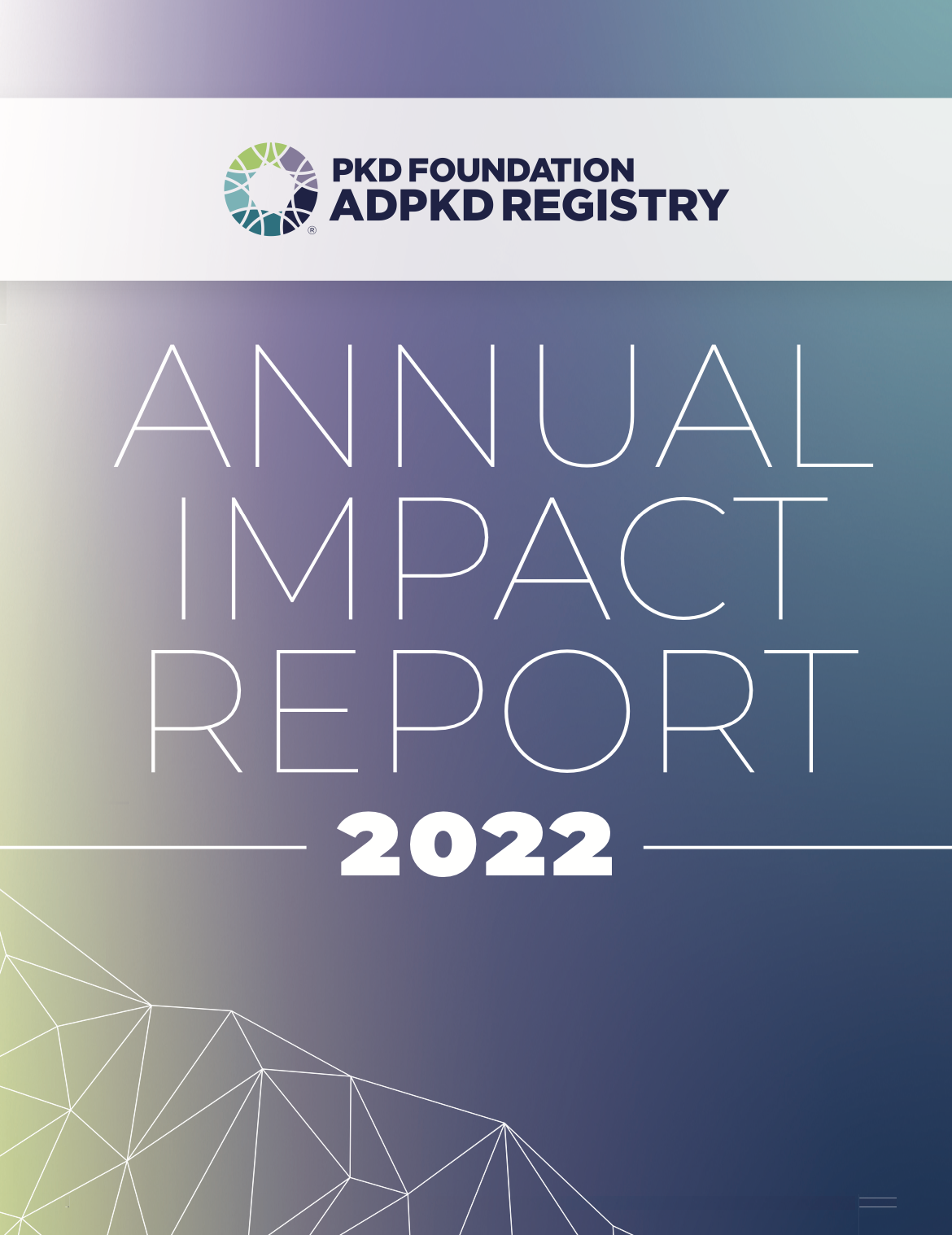Learning objectives
—Understand how human PKD kidney tissue can be used by researchers to grow our understanding of the disease.
—Learn how to sign up to donate your kidneys to research.
—Increase knowledge of PKDF’s funded research programs and projects

Speaker
Darren Wallace, Ph.D.
Jared Grantham Kidney Institute | University of Kansas Medical Center
Darren Wallace is a Professor in the Department of Internal Medicine and a member of the Jared Grantham Kidney Institute at the University of Kansas Medical Center. Dr. Wallace earned his PhD from the Department of Molecular and Integrative Physiology and completed postdoctoral training in renal physiology and polycystic kidney disease at the University of Kansas Medical Center. His contributions to the PKD field include research on the molecular mechanisms involved in cAMP-dependent cell proliferation and Cl-dependent fluid secretion using primary cultures of human ADPKD cyst epithelial cells. Dr. Wallace is the Associate Director of the Kansas PKD Research and Translational Core Center and Director of PKD Biomarkers and Biomaterials Core, which is part of the national PKD Research Resource Consortium (PKD-RRC). He also served as a member of the PKD Foundation Scientific Advisory Committee from 2008 to 2019.



